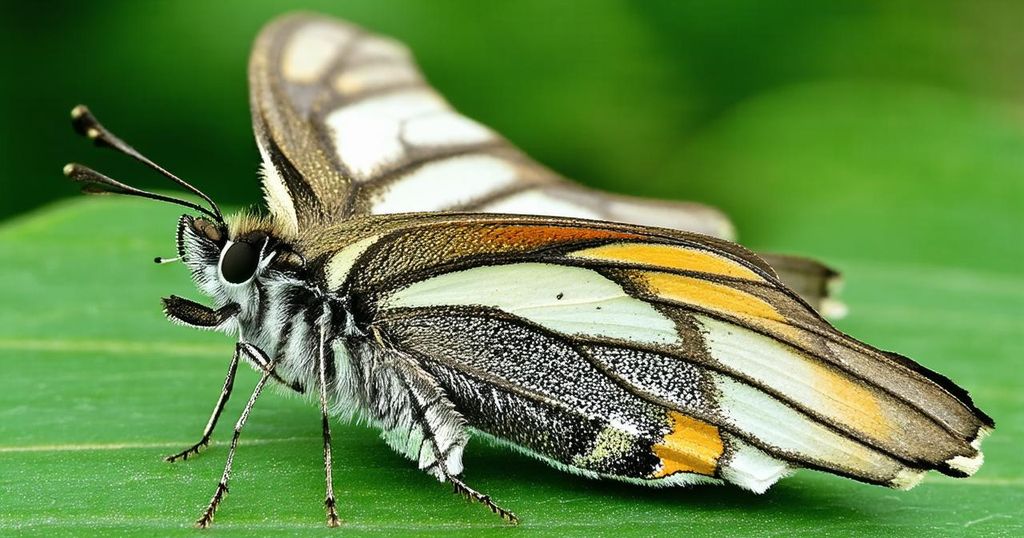The Threat of Climate Change to Butterfly Populations in Greece

Climate change is severely impacting butterfly populations in Greece, with rising temperatures leading to food scarcity, shorter flowering seasons, and potential reductions in body size. The MEIOSIS research project aims to study these changes over a century, revealing alarming trends that call for urgent conservation efforts.
In a controlled environment at a zoo near Athens, vibrant butterflies feed on orange slices, shielded from the adverse effects of climate change, which threatens their existence both in Greece and globally. This Mediterranean nation is home to approximately 237 species of butterflies, all of which are facing increasing challenges as rising temperatures lead to diminished food availability, shorter flowering cycles, and potential reductions in body size among these insects. Globally, this predicament is mirrored in regions such as Mexico and Britain, where significant declines in butterfly populations have been documented. According to agronomist Konstantinos Anagnostellis, “Climate change is impacting butterflies … that rely on temperature to perform essential activities such as mating, reproduction, growth, and feeding.” Anagnostellis is a contributor to the MEIOSIS project, a research initiative from the University of Ioannina, focusing on the measurement of body weight across over 50,000 butterfly specimens spanning a century to illustrate their diminishing size in response to climate dynamics. Increasing heat forces butterflies to migrate to cooler areas, which often lack adequate food resources. Additionally, Greece has witnessed an upsurge in wildfires that obliterate grasslands, further complicating the food supply. Anagnostellis warns, “If these plants are burned, there is a risk of direct mortality for the larvae, and we may not have adult butterflies to reproduce, forcing them to migrate to other areas.”
The article addresses the urgent impact of climate change on butterfly populations in Greece, emphasizing the biological and ecological challenges faced by these species due to rising temperatures and habitat loss. With butterflies being sensitive indicators of environmental health, their declining numbers could signify broader ecological shifts. The investigation led by the University of Ioannina intends to gather data over a century to better assess and model these changes, highlighting the crucial need for conservation efforts in the face of climate adversity. This situation is not isolated to Greece, as similar patterns are observed globally, underscoring a widespread ecological crisis.
In summary, climate change poses a significant threat to butterfly populations in Greece, as rising temperatures and increasing wildfires disrupt their natural habitats and food sources. The research project MEIOSIS seeks to quantify these changes and understand the broader implications for biodiversity. The alarming trends observed in butterfly sizes and numbers highlight an urgent call for conservation and preventive measures to safeguard these vital pollinators and their ecosystems. Without immediate action, the adverse impacts of climate change will continue to deteriorate butterfly populations not only in Greece but also around the world.
Original Source: kfgo.com






